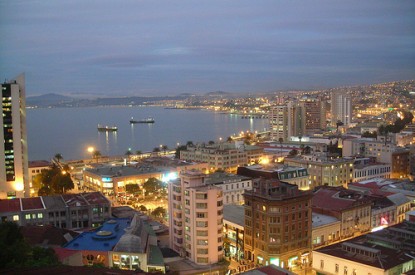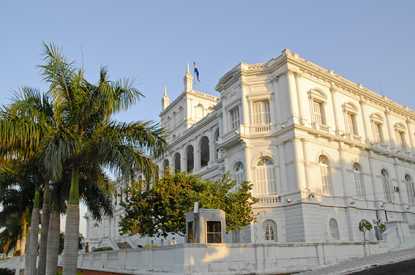Operator News
Crackdown on illegal slots continues in Paraguay
By James - 29 April 2024
Paraguay’s Public Ministry has formalised an agreement between the Ministry of Childhood and Adolescence and Conajzar to toughen protection measures for children and adolescents against the proliferation of illegal slot machines. According to the regulator slot machines are being installed clandestinely, and are often easily accessible in venues frequented by children and adolescents. Conajzar estimates that the number of illegal machines stands at around 150,000.
The announcement comes as slot machines that have been installed illegally are being seized. However, while this is happening, more machines are being installed in other locations.
Carlos Liseras, head of Conajzar said that the very high number of illegal slots was highly concerning. In a conversation with radio Universo 970/Nación Media, he indicated that these machines create addictions in children and adolescents.
“They can even fall into the clutches of criminal gangs that sell drugs and lead these children to commit offenses. It is a regrettable situation that we are facing,” said Liseras, who also spoke about the actions Conajzar has taken with the Ministry of Childhood and Adolescence to curb illegal gambling.
According to Liseras, these institutions were already working together to combat the problem and protect children from gambling related harm, but the growth of illegal gambling has forced them to take further action on the issue.
In January president of Paraguay Santiago Peña signed a decree which prohibits slot machines in locations not dedicated exclusively to gambling. Slots are no longer permitted in bars, grocery stores, bars, bakeries as well as other establishments. The main objective of the bill is to prevent minors from gambling and eradicate street gambling. All municipalities in the country were given until January 27th to ensure that slots were off the streets. However according to Lorena Rojas the President of The Association of Gaming Operators (APOJA) a number of local governments have not enforced the ban.




